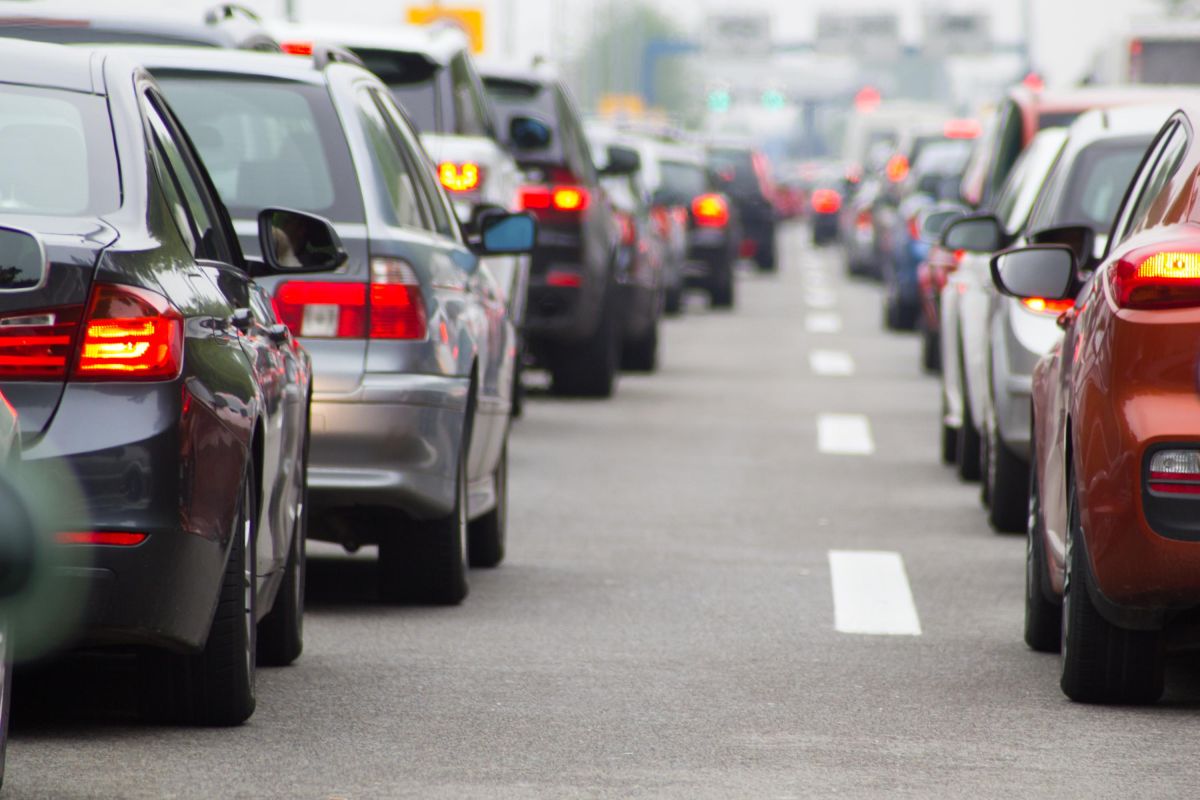The Supreme Court appeared poised April 23 to revive a lawsuit filed by fuel producers contesting California’s stringent vehicle emissions standards, with several justices across the ideological spectrum questioning a lower court's decision to dismiss the case.
The justices focused on whether the U.S. Court of Appeals for the D.C. Circuit erred in blocking the lawsuit, which alleges the Environmental Protection Agency's reinstatement of California’s emissions waiver under the Biden administration caused economic harm to fuel producers by accelerating the market shift to electric vehicles.
“Wasn’t the goal of the California regulations to reduce the use of petitioner’s fuel?” asked Justice Clarence Thomas, suggesting the policy’s intent directly impacted the plaintiffs. Liberal Justice Elena Kagan echoed the sentiment, noting that EPA documents acknowledged the waiver would reduce gasoline emissions. “Didn’t the EPA, in fact, in its submission to the courts, say that the effect of the reinstatement was going to be to reduce gasoline emissions?” she asked.
Justice Brett Kavanaugh also questioned the government’s position, pointing out the Biden administration did not challenge the fuel producers’ right to sue during proceedings in the appeals court. “Isn’t that a tell, here?” Kavanaugh asked.
At issue is not the legality of California’s authority to enforce tougher vehicle emissions rules -- an issue the Supreme Court declined to review in December -- but rather whether fuel producers were sufficiently harmed by the EPA’s waiver to sue. The waiver has long been a flashpoint in federal environmental policy, alternately revoked and restored depending on the party in power.
The concept of standing -- whether the plaintiffs can show the court can redress their harm -- was a central focus. California’s legal team argued that even if the waiver were revoked, the fuel producers would see no benefit because consumer demand, not regulation, is driving the shift toward electric vehicles.
“By my count, the EPA has now changed its mind on this four times,” Justice Samuel Alito noted, questioning how long any policy would remain in place.
EPA attorney Edwin Kneedler, who was making his 160th and final argument before the high court, responded there was no timeline for reconsidering the policy. His tenure was honored in a rare moment of applause from the justices, with Chief Justice John Roberts calling his service a record “for modern times.”
“I bet my bottom dollar … that in some number of months, the EPA will withdraw the waiver and will say this waiver has been having an effect from the time it was reinstated,” said Jeffrey Wall, representing the fuel producers.
The court’s decision is expected to clarify whether economic harm resulting from a regulatory waiver provides a sufficient basis for lawsuits.












